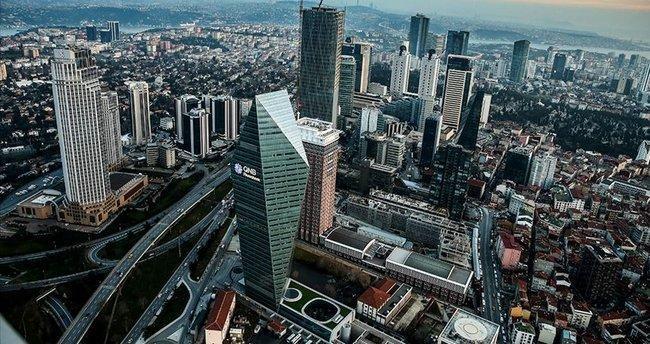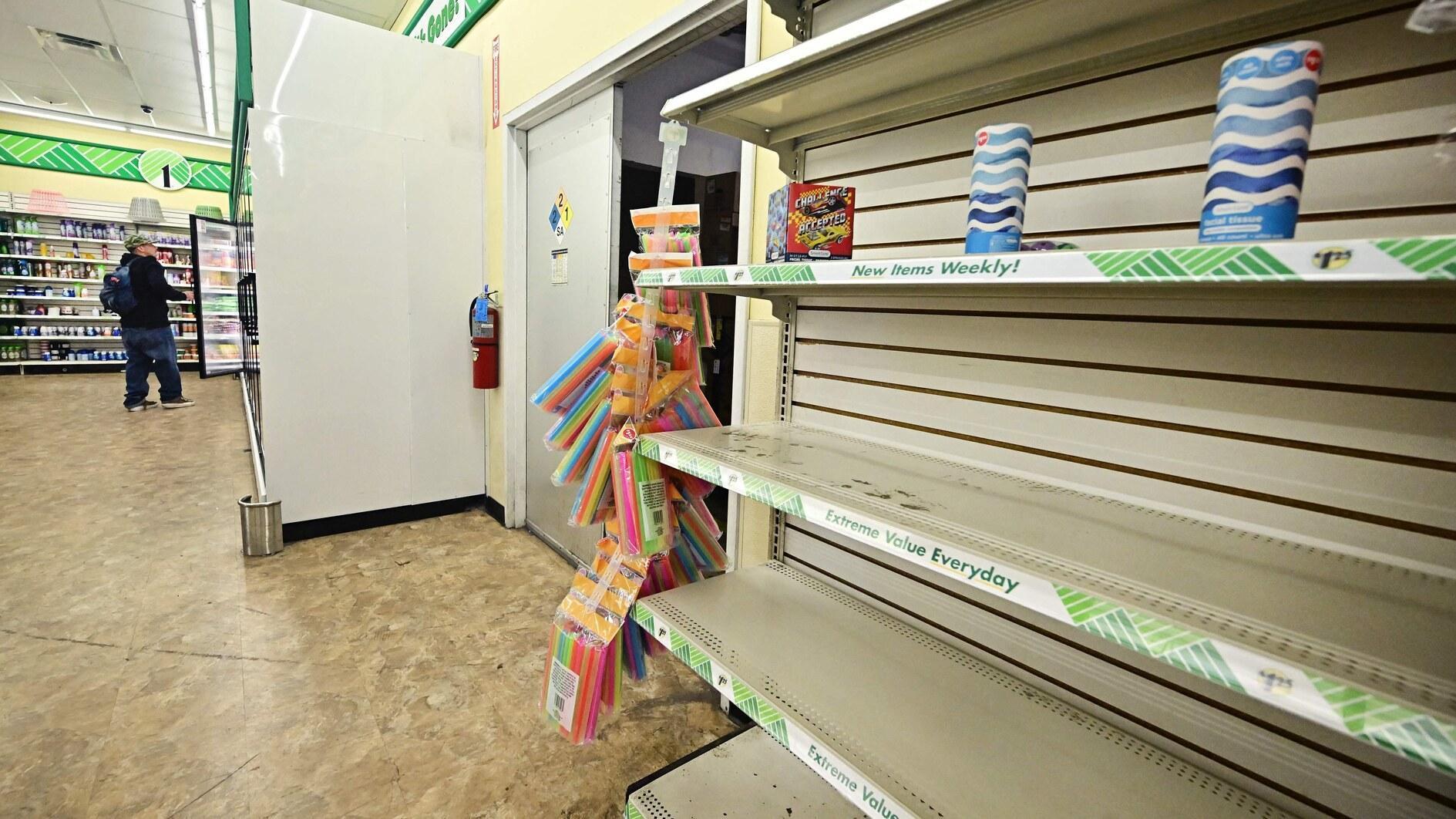Istanbul’s real economy records V-shaped recovery: Chamber
ISTANBUL

Soft loans and unleashing of consumer demand have supported the economy’s faster recovery after the peak of the coronavirus pandemic, a report by the Istanbul Chamber of Commerce said on Aug. 3.
In the “Pandameter” report, several indicators of the first halves of 2019 and 2020, including tax collection, house and car sales, credit interest rates, card payments, capacity utilization and newly launched firms, were compared to each other.
Both on the production and consumption sides, “the Turkish economy has recorded a V-shaped recovery in terms of economic activity,” according to the report.
On June 1, Turkey ended weekend lockdowns and eased other pandemic restrictions that had forced hundred thousands of businesses to suspend operations since mid-March, when the coronavirus started hitting the country.
Recent data reflects upswings in many parts of the economy despite the fallout from the pandemic, the report said.
In Istanbul, the commercial hub of the country with a population of about 16 million, the total of tax collected in the first half of the year increased to 154 billion Turkish Liras ($23.5 billion) - a 10 percent increase compared to the same period last year.
Although 12-month rolling inflation rate was around 12 percent in June, the figure shows that inflation-adjusted volume of tax collection decreased only slightly despite the pandemic crisis.
Meanwhile, newly launched firms in Istanbul reached 30,509 in the first seven months of this year with an annual increase of 10 percent.
Average commercial loan interest rate decreased to 9.3 percent on July 17 from 24 percent on July 19, 2019, thanks to the Economic Shield Package unveiled by the Turkish government in late-March.
Cheap loans with longer grace periods helped house sales to soar 16 percent annually to over 106,000 in Istanbul in the first half of this year.
Automotive sales in the same period increased to 203,000 from 156,000 year on year across Turkey.
In January-June period, credit and debit card payments incrased 7.1 percent to 509 billion liras ($77.8 billion).
The volume of consumer credits - consisting of house, vehicle and personal loans - soared 55 percent to 622 billion liras ($95.1 billion) anually as of July 24.
On the production side, capacity utilization rate in Istanbul declined to 70 in July from 76.2 in the same month of 2020.
Exports volume in Istanbul went down 16 percent to 36 billion liras ($5.5 billion) in the first half of this year versus the same period last year.
Measures bear fruit: ITO head
All these figures indicate that measures taken by the government to cushion the effects of the global pandemic crisis have beared fruit, the chairperson of the ITO said.
“Turkey, with its government, business world and citizens, has set an important precedent against the pandemic. With the normalization process, many of our sectors have managed to offset their losses occurred because of the pandemic,” said Şekib Avdagiç.
“We have also improved our resilience against a possible second virus wave. As we are entering the last two quarters of the year, we have got over the effects of the pandemic significantly,” he added.
Hoping not to endure a second coronavirus wave, Avdagiç pointed to the importance of tourism, and related sectors such as transportation and event organization, for their contribution to tha national foreign currency reserves.
The country’s tourism revenues hit $34.5 billion in 2019, however tourist numbers fell dramatically this year due to tha worldwide travel restrictions.
Avdagiç also urged the government to take extra measures to narrow down current account deficit.
“The stance of our government to support export products substituting imports is vital,” he said.
Turkey’s current account balance saw $3.8 billion deficit in May, according to the Central Bank. The figure deteriorated from a $1-billion surplus in the same month last year, according to the bank’s report on balance of payments. Turkey’s 12-month rolling deficit reached $8.24 billion in May.
















